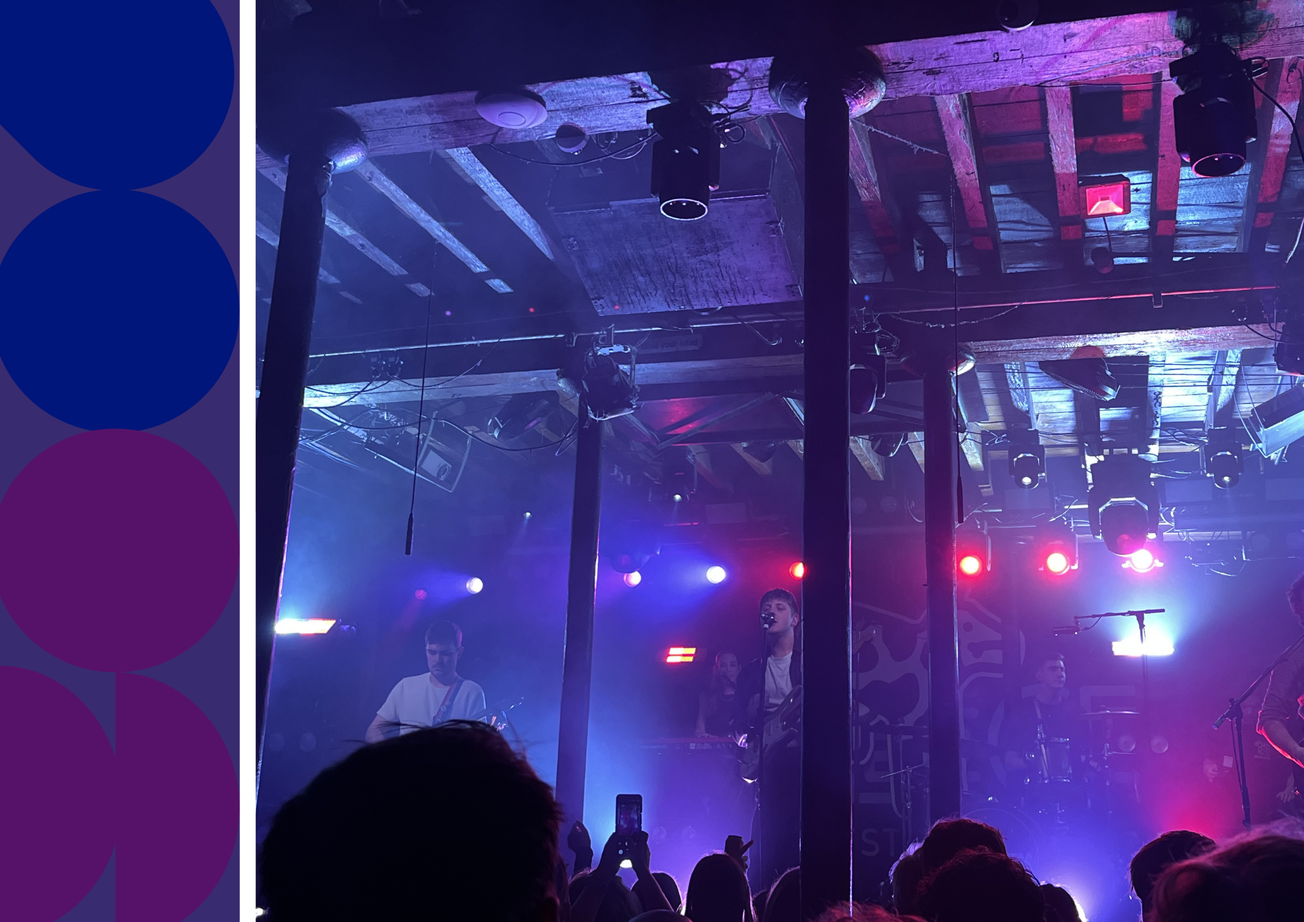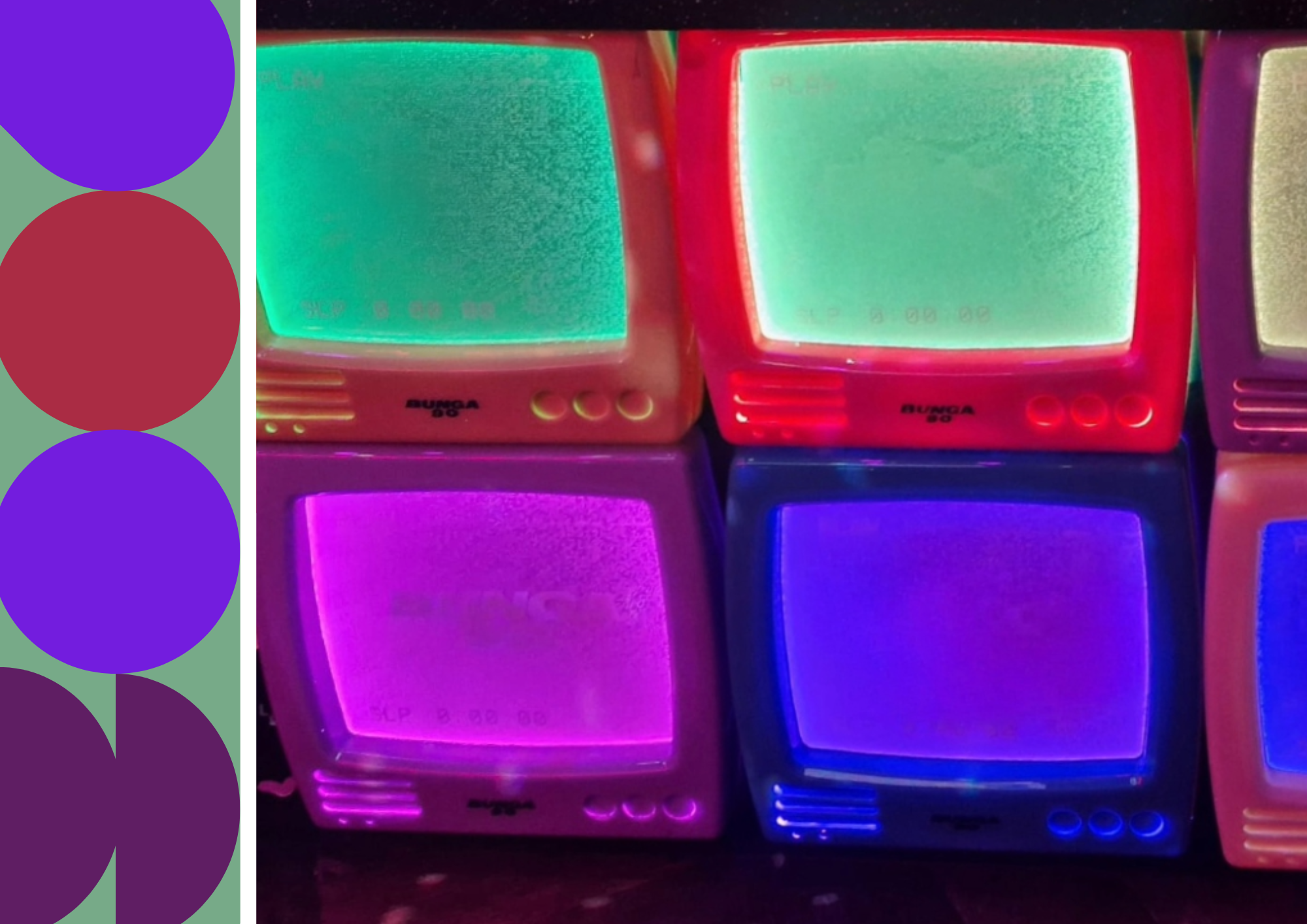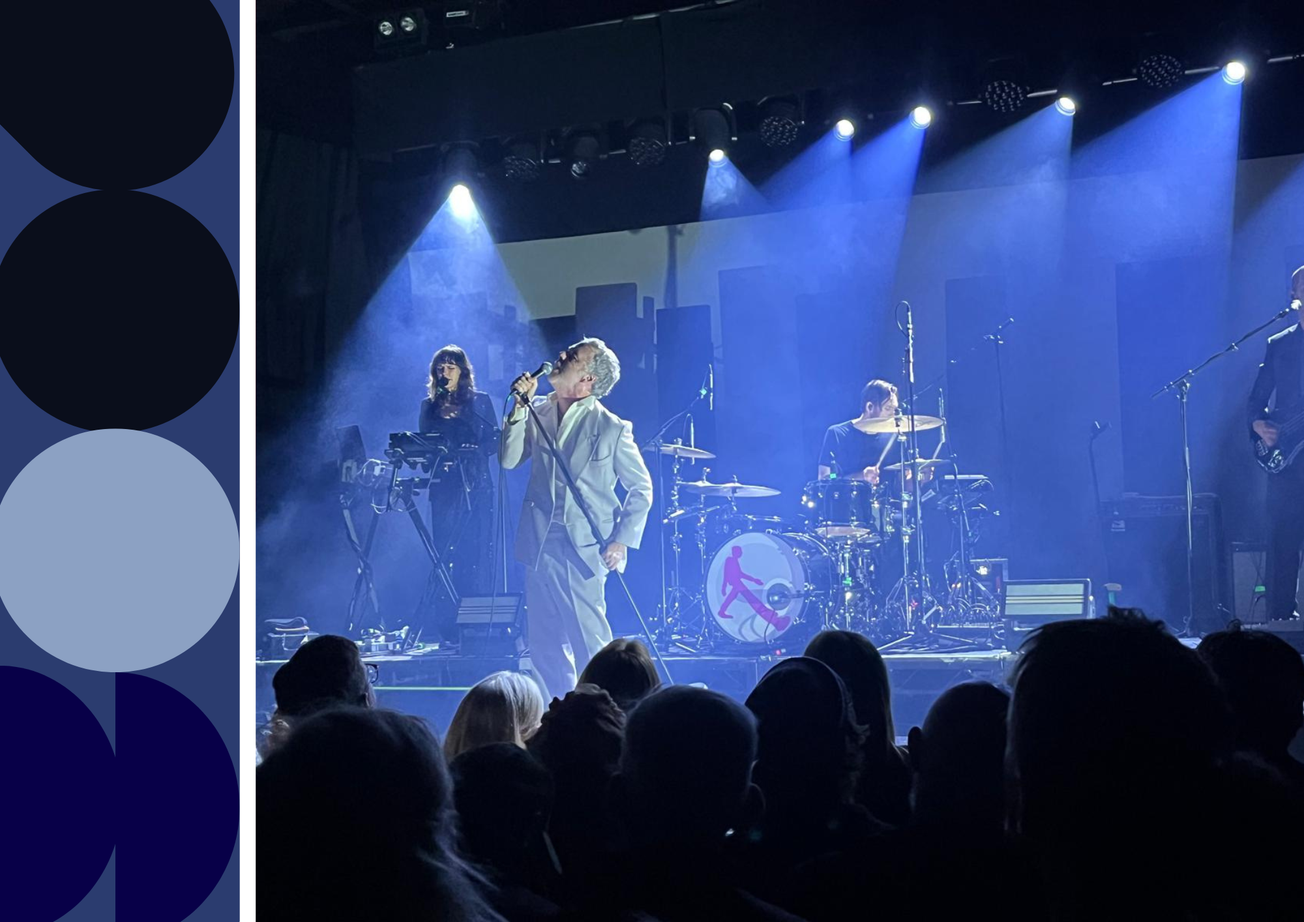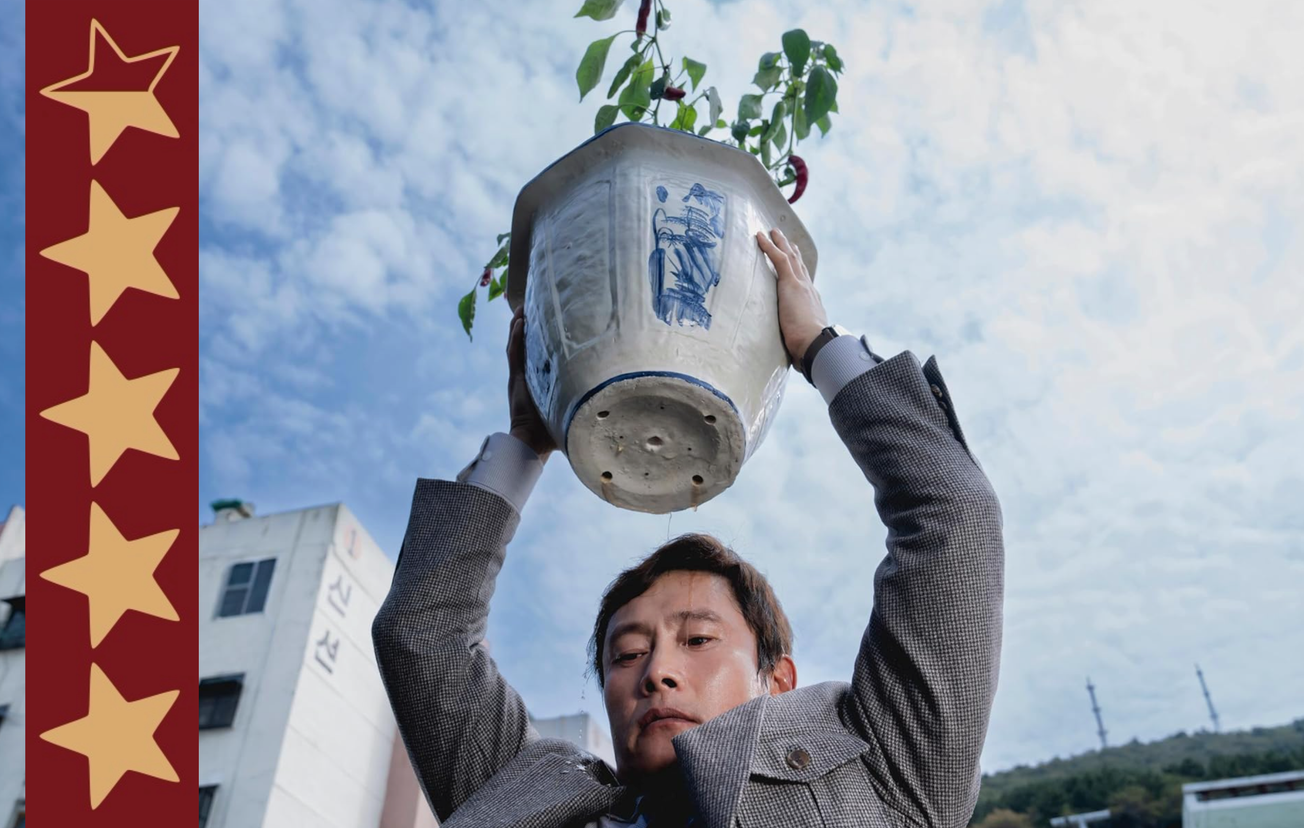By Benji Chapman, Co-Deputy Music Editor
Trigger Warning: This article contains brief mentions of self-harm and trauma
Adrianne Lenker has taken the world by storm. Her substantial repertoire extends from both an impressive solo career and role as lead songwriter in the indie giant Big Thief. Her music is simultaneously longing and cathartic, desperate and adjacently confident in its artistic intention. Lenker's latest album, Bright Future, revisits some of the traditional themes that appear in her work, balanced with an optimistic dedication to love and loss in various forms. Totally embodying her comradeship and gentle sweetness, Beacon Hall was transfixed in total silence by her solo performance before collaborators joined to adjourn the evening.
There is an elusive quote from Thom Yorke that does the rounds on subreddits and music forums, concerning Radiohead's sombre hit 'Street Spirit', the closer of their 1995 sophomore record The Bends. He describes how 'we all have a way of dealing with that song. It’s called detachment. Especially me; I detach my emotional radar from that song, or I couldn’t play it. I’d crack. I’d break down on stage.'
Whether the quotation is genuine is up for debate, though the mysticism surrounding it perhaps only increases its pervasiveness amid the depths of the internet. Yorke's answer to sadness, the looming sense of there being no light at the end of the tunnel, was detachment. Dissociating from the trauma of something awful - be it a breakup, loss of a loved one or a generalised sense of overwhelmed exhaustion in the 21st Century - was quite possibly young Radiohead's answer to the grievances of the modern age that they dramatised in their early music.
The intentions of artists writing sad music are often mischaracterised as bleak. Continuing to use Radiohead as an example (and I apologise to the fans of Lenker, who I anticipate are seething at an association of the two), the band has had to occasionally dodge and justify the unfair assessment that their music glorifies the sadness it evokes, or is simply depressing for the sake of it, 'music to cut your wrists to'.
However Lenker's approach to sadness is quite the opposite. Sadness can be a beautiful thing maybe. Sadness is a gift even, according to Adrianne Lenker. Lenker invites the listeners of her newest album, Bright Future, to reassess dissociative remedies surrounding the contemporary condition of sadness. Instead of zoning out, Lenker bravely focusses on the minutiae of every feeling, good and bad: 'every second brimming with a sweet majesty'. Inhabiting every moment, she revisits sadness and reframes it as something to clutch with a tight embrace in its remembrance of fleeting beauty.
Lenker's artistic philosophy is an antithesis of the frustrated, albeit valid in its own right, angst that records like The Bends conjure; producing a contrary effect of total immediacy for the listener. We can only be present and identify with the music, which calls for a meditation on the vulnerable and temporary, and it's simply helpless to resist. One of the most impressive things about Bright Future is its defiant ability to reinterpret the theme of grief as a beautiful thing; this experience is crushingly tearful by virtue of its cathartic resolution.
The assembly of fans was expectedly silent throughout the show, ready to connect with her therapeutic guidance. Lenker herself marked the soundless hall with the feeling that it was 'almost like we're in a spaceship' in its tranquil state, which carried the sound of her guitar even when unamplified. Working through pieces from her solo discography and Big Thief anthems, she played through these at a comfortable pace, reinterpreting them with distinct artistic ownership.

The vacuum that had been produced inside the room veneered the outside world to produce a complete focus on the stage, though Lenker plaufully dispelled the pressure of this attention with witticisms, 'ya'll are amazing… it’s so quiet in here you can hear every little squeak'. Cheekiness and wry chuckles continued between the crowd when Lenker confessed she forgot the second verse to 'Cactus Practice', ending prematurely with her 'favourite' final verse.
Flipping between conversational country twang and soaring falsetto, liminal moments of audience interaction seamlessly transitioned from friendly exchanges to vocals that were carried downstream by a river of cascading fingerstyle guitar. The effortless flowing of her hands across the fretboard was fluid and in pristine acoustic clarity thanks to the silence of the audience and cavernous reverb in the hall.
Like her studio work, Lenker's performance was immediate and meaningful in every aspect. It isn't that the listener is led to lose themselves in the music, instead her music enhances human experiences in all its vulnerability and leads them to a place of romantic resolution. Her love letter to other humans wholly immmersed the audience amongst eachother and unified them in an homage to intimacy as collaborators Josefin Runsteen and Nick Hakim joined her.

If Adrianne Lenker's performance taught me anything, it was that it takes real guts to sit with a feeling of sadness and really say it and feel it. It may be true that nothing can last forever, but in Lenker's lust for life, there is a boundless reconciliation of hurt that transcends the losses that come as part of life. Loss can be so much more than a simple defeat: it is Lenker's championing of this belief that gives her music such a profound resonance.
Featured Image: Benji ChapmanHave you seen Adrianne Lenker live before?









